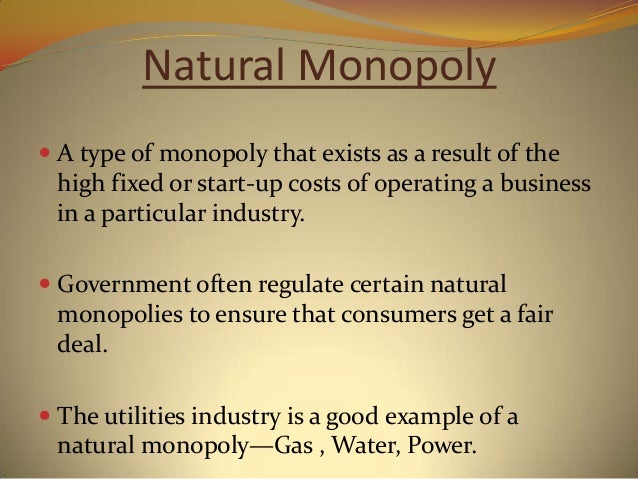

Warren has advanced a plan for combating monopoly power in Big Tech that includes breaking up tech platforms, like Google, Facebook and Amazon, and requiring them to meet a standard of fair, reasonable and non-discriminatory dealing with users and unwinding the companies’ anti-competitive mergers. I’m developing AI that can read emotions.Facebook’s Libra cryptocurrency is a tool for empowerment.And it helps constrict real innovation and growth in this economy.” “There is way too much consolidation now in giant industries in this country,” she said in the debate. Warren, who has made antitrust a cornerstone of her campaign, understands the widespread harms of an economy that lacks competition. C-suite executives and corporate shareholders are the ones who win when monopolies and oligopolies reign, meaning that the top 0.1% capture the bulk of monopoly rents. Lower wages, higher prices and the squeezing of suppliers and creators amounts to billions of dollars in wealth transfer to companies with market power. One study found a 17% decline in wages when a labor market goes from the 25th percentile to the 75th percentile in concentration. Companies can pay their employees less without having to worry about losing them to competitors. Market concentration causes wages to stagnate because it reduces competition for labor. Monopolies are destroying the American Dream. It’s no surprise we are experiencing economic inequality that amounts to a New Gilded Age, with the richest 0.1% of all American families owning as much wealth as the lower 90% of all American families combined. Small and big businesses, workers and creators are being squeezed by monopolists who use their market power to extract the fruits of everyone else’s labor. Hospital mergers are depressing nurse’s wages. Chicken monopolies are extracting wealth from chicken farmers. The concentration crisis extends throughout our economy to include markets like baby formula, where three companies control 80% of the market, washer and dryer manufacturing, where three companies control 100% of the market, and airlines, where four companies control 76% of the market overall, with even higher concentrations on individual routes.Īs monopolies and oligopolies rule most sectors of the economy, they are extracting wealth from everyone else. Yet health care is still only the beginning. Even people with insurance through their employers pay higher premiums and out-of-pocket costs. When health care providers lack competition, they can name their price and patients ultimately foot the bill. This concentration is a major reason health care costs have been skyrocketing for Americans. In one example, two corporations, Fresenius Medical Care and DaVita, control a 92% market share in dialysis centers, a $24.4 billion industry. The Open Markets Institute, where I work, recently published Volume II of America’s Concentration Crisis, presenting troubling data on health care market concentration. Most of the major challenges the candidates discussed - including unaffordable health care, income inequality and stagnant wages - can’t be solved without checking monopolies’ economic and political power. People tend to think of Big Tech as the antitrust issue of the day, but tech giants are only the tip of the iceberg of the monopoly problems plaguing America. Author and editor David Dayen tweeted, “Literally more monopoly discussion in the first 5 minutes of this debate than the past 50 years of presidential politics.” This was a break from past presidential debates, to say the least. Monopolies are an important issue in the 2020 presidential campaign and even took the center stage at the first of last week’s Democratic debates, with Elizabeth Warren pronouncing early on that she wanted to return government to the people.


 0 kommentar(er)
0 kommentar(er)
